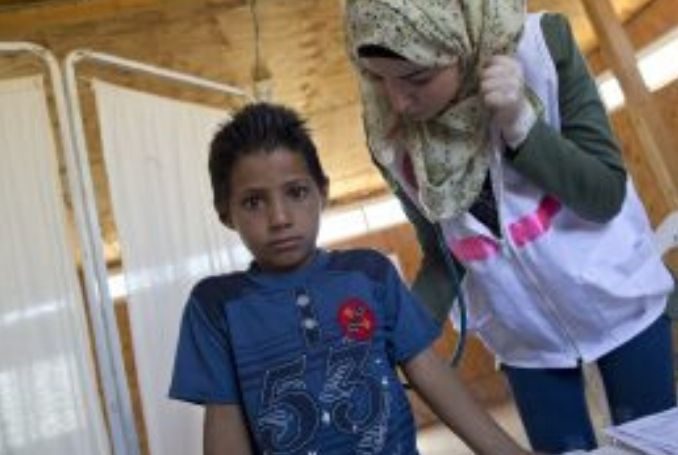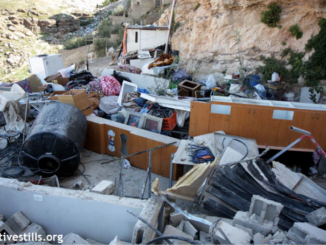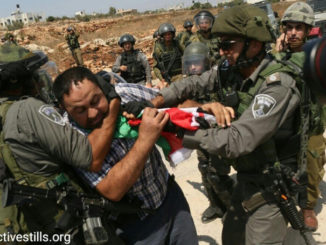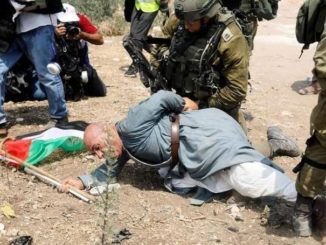
Basic health care provision for isolated Palestinian communities in the occupied West Bank is under threat due to a shortfall in funding.
According to the World Health Organization (WHO), in an update published this week as part of periodic reporting by UN OCHA, at the end of 2019 “mobile clinic coverage of communities in Area C fell from 85 to 60 percent of people in need”, due to “severe funding shortages”.
#Israeli Defense Minister: #Israel is Fighting a ‘Real #War’ on Area C #WestBank https://t.co/UuOTpv9fhF via @PalestineChron pic.twitter.com/0NnXUyTgfC
— Palestine Chronicle (@PalestineChron) January 21, 2020
More than 100 Palestinian communities that are home to some 162,000 residents in ‘Area C’ of the occupied West Bank – which is under full Israeli civil control – “have limited or no access to primary healthcare and are therefore in need of mobile clinics services”.
As noted by the WHO update, this critical absence is “primarily because of the restrictive Israeli planning regime, which prevents the construction of the necessary facilities, as well as the prevailing access and movement restrictions, which impedes access to main service centers.”
“These restrictions on access to basic health services are one component of a coercive environment affecting many Palestinians across the West Bank, particularly in Area C,” the WHO added.
Sealed Off and Forgotten: What You Should Know about Israel’s ‘Firing Zones’ in the West Bank https://t.co/I6ApziMfGh via @MiddleEastMnt #Palestine #IsraeliCrimes pic.twitter.com/dEM13iVbkJ
— Ramzy Baroud (@RamzyBaroud) January 14, 2020
According to the report, “other elements” include “the demolition and threat of demolition of homes, schools and livelihoods lacking issued building permits; denial of service infrastructure; access restrictions on farming and grazing land; poor law enforcement on violent settlers; the active promotion of ‘relocation’ plans; and revocation of residency rights, among others.”
For 2020, WHO and its partners are seeking $2.7 million “to ensure access to essential primary health care services, through mobile clinics, in the West Bank”.
“These resources would enable WHO to deliver services to 176 communities and expand coverage to more than 120,000 out of the more than 160,000 in need.”
Only Vehicle Confiscated: Isolated #Hebron Village Denied Medical Services by #Israel #IsraeliOccupation #Palestine https://t.co/EuouVKREWf via @PalestineChron pic.twitter.com/ktRYyGLo79
— Palestine Chronicle (@PalestineChron) January 9, 2020
According to the Office for the UN Coordination of Humanitarian Affairs (OCHA) in Palestine, “approximately 18% of the West Bank has been designated as a closed military zone for training, or firing zone”, and almost 5,000 Palestinians live in these communities.
This dates back to the 1970s when Israel arbitrarily declared that large areas of the West Bank were “firing zones”, or closed military areas, formally prohibiting any Palestinian presence in those areas without the consent of the Israeli military, which is rarely granted.
“These declarations,” added the UN Office, “have had a serious humanitarian impact on Palestinian civilians and dramatically reduced the land available to them for residential and livelihood uses”.
(Palestine Chronicle,







